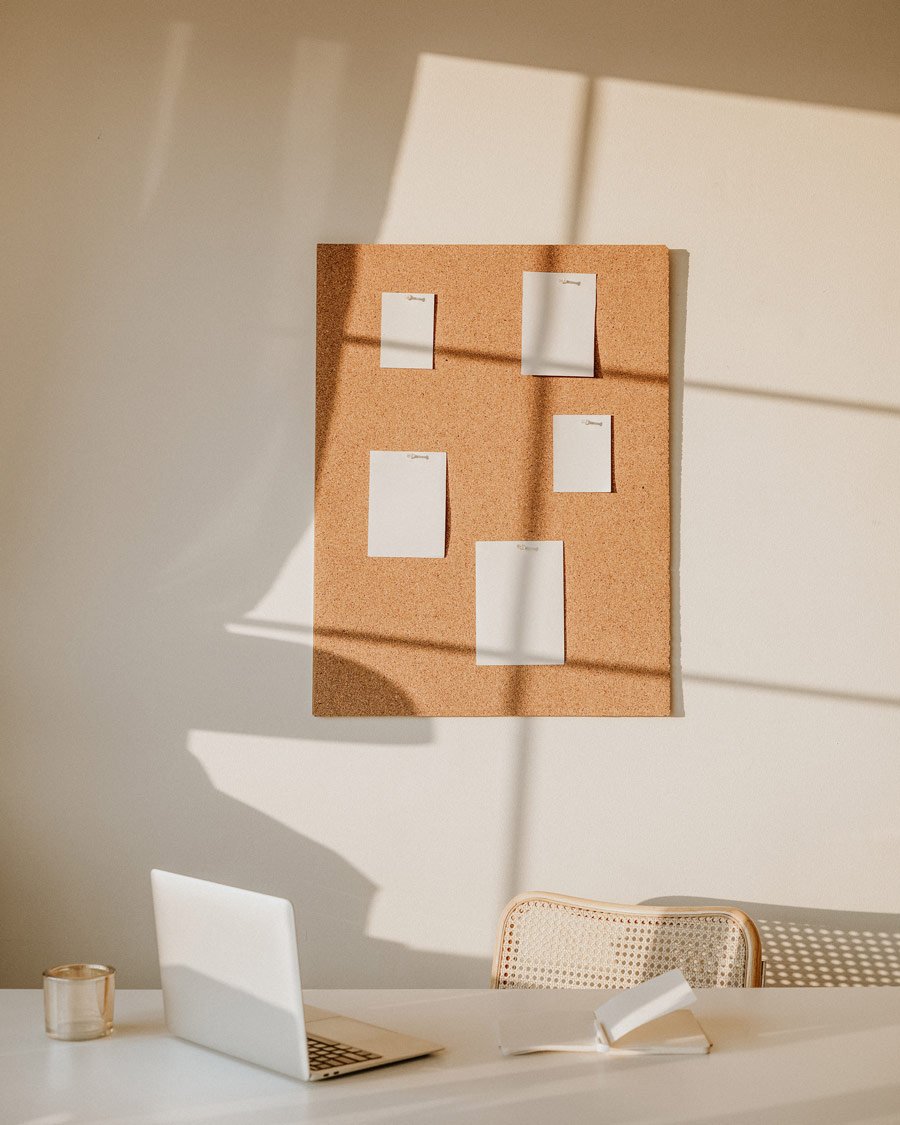How to Prepare for Your Notary Appointment: A Step-by-Step Guide
So, you’ve scheduled your notary appointment—awesome! Whether you’re signing a real estate document, finalizing a Power of Attorney, or handling any other notarization, a little preparation can go a long way. Showing up unprepared can cause delays, or worse, make it impossible to get the job done. But don’t worry, I’m here to help you make the process smooth and easy. Here’s a simple step-by-step guide to ensure your notary appointment goes off without a hitch.
Step 1: Gather Your Documents
First things first: make sure you have all the documents you need notarized. It sounds obvious, but you’d be surprised how often people arrive missing a page or two. Double-check to ensure every document is complete and ready to go. And no, don’t sign them yet! The notary must witness your signature to make it official.
Pro Tip: Bring a couple of extra copies just in case. It’s always better to be over-prepared than to scramble last minute.
Step 2: Bring a Valid Photo ID
The notary’s job is to verify that you are who you say you are, so a valid government-issued photo ID is a must. Accepted IDs usually include:
- Driver’s License or State ID
- Passport
- Military ID
Make sure your ID is up to date and not expired—otherwise, the notary won’t be able to proceed. If you’re unsure whether your ID qualifies, just ask ahead of time.
Pro Tip: Have multiple signers? Each person will need to show their own ID, so remind everyone involved to bring theirs.
Step 3: Make Sure Everyone is Present
If your document requires multiple signatures—like a joint property deed or a loan agreement—everyone listed on the document must be present at the appointment. Even if just one person is missing, the notary won’t be able to complete the process. So, coordinate with all parties ahead of time to ensure everyone can attend, either in person or virtually (if using remote online notarization).
Pro Tip: If you’re using a mobile notary, let the notary know exactly how many signers will be there so they can allocate enough time.
Step 4: Check for Any Special Instructions
Some documents, especially legal or real estate-related ones, have specific requirements for notarization. For example, you may need witnesses in addition to a notary, or certain sections of the document might need to be filled out beforehand. Make sure to read the instructions thoroughly or consult with your attorney if you’re unsure.
Pro Tip: If you need witnesses, make arrangements to have them present, or ask your notary ahead of time if they can help coordinate this.
Step 5: Know What You’re Signing
The notary’s role is to verify your identity and witness your signature—not to explain the contents of your document. Before your appointment, take the time to read and understand what you’re signing. If you have any questions about the content, consult a legal professional. Showing up confused or unclear could mean having to reschedule the appointment.
Pro Tip: If you’re uncertain about any part of your document, get clarity before the notary arrives to save time and avoid a frustrating experience.
Step 6: Be Prepared to Pay the Notary Fee
Whether you’re meeting a mobile notary or visiting a traditional one, there will typically be a fee involved. Mobile notaries may also charge for travel time, so be clear on the total cost upfront. Make sure you have the correct payment method—whether that’s cash, card, or electronic transfer. Confirm this with your notary ahead of time to avoid any awkward payment issues.
Pro Tip: Ask if the notary offers a receipt. This can be useful if you’re getting reimbursed by a company or simply for your own records.
Step 7: Check Your Document One Last Time Before You Leave
Once your document is notarized, it’s officially done. But before you walk out the door, review everything one more time. Make sure the notary has filled out all the appropriate sections, stamped where needed, and included any necessary signatures. If something looks off, don’t be afraid to speak up—better safe than sorry!
Pro Tip: Ask for an extra notarial certificate if you think you might need another notarized copy. It’s easier to do this on the spot than to schedule another appointment later.
Final Thoughts
A little preparation can save you a ton of time and frustration. By following these steps, you’ll ensure your notary appointment is smooth, efficient, and (dare I say?) enjoyable. Need a mobile notary in Spokane who’s reliable and detail-oriented? Contact me today and let’s get those documents signed, sealed, and delivered without the headache!





